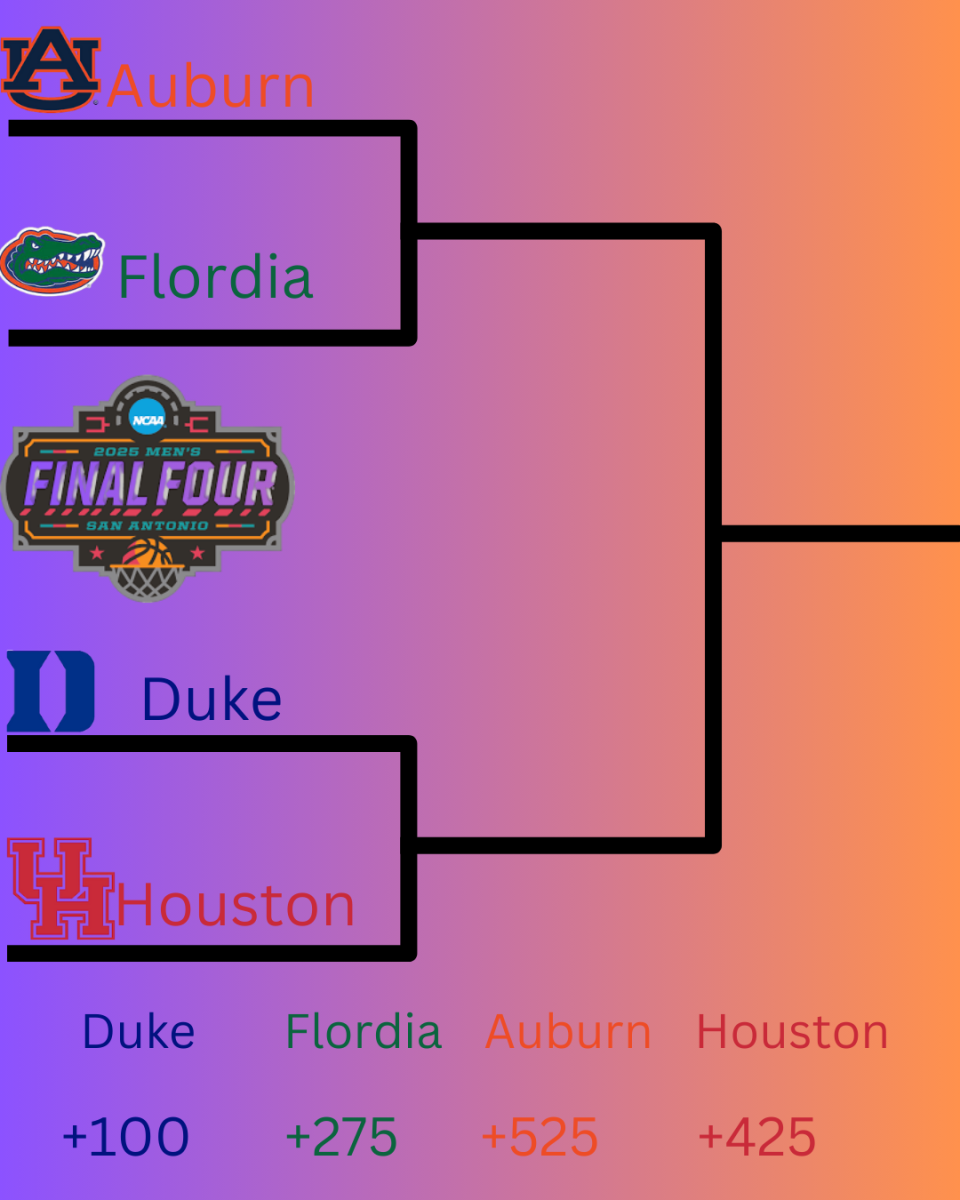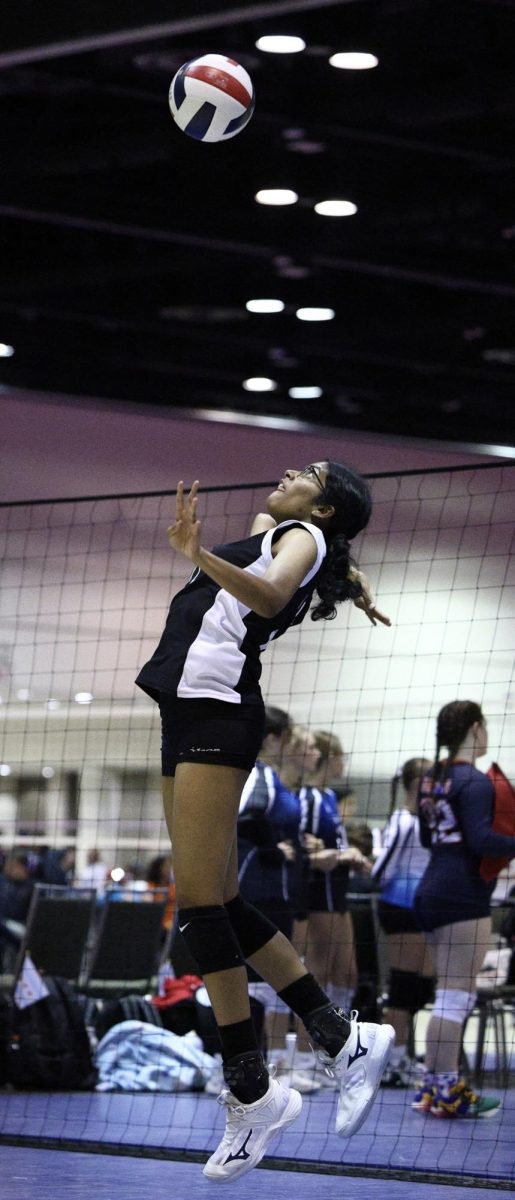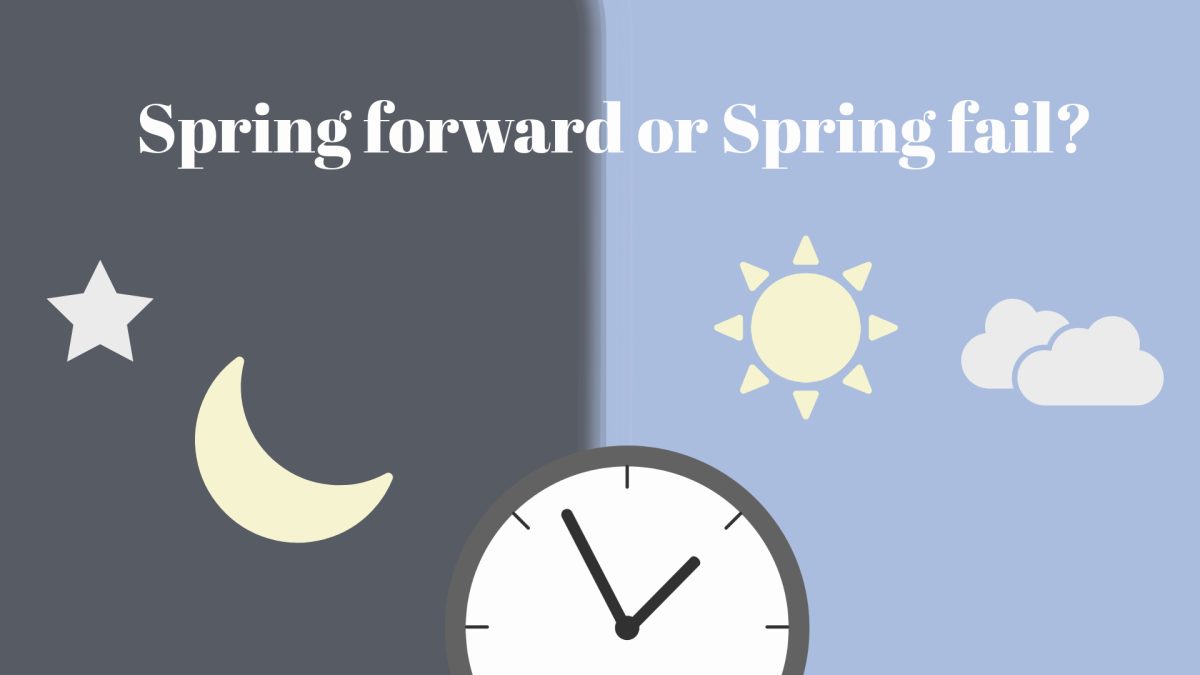Staff Editorial: The Issue of Weighting Courses
Our staff’s take on the issue of weighted GPA for honors and CE classes… and our proposed solution.
March 24, 2023
The Issue:
Countless extra hours spent reading, filling out worksheets, and studying for tests. You open your semester transcript, hoping your GPA and class rank improved. You worked hard to achieve high grades in your Advanced Placement (AP) classes, which increased your grade point average (GPA). However, you are disappointed to see that your concurrent enrollment (CE) and honors courses aren’t weighted in the same way, and might have even brought your GPA down.
The rigor and extra time spent on honors and CE courses are deserving of a weighted grade, similar to an AP class. Students are often encouraged to take honors and CE classes, which are more difficult and have the potential to lower their GPA.
Yet many students who take on this additional challenge often find themselves struggling to keep the same GPA as other students who took the non-honors options.
CE classes are college-level courses in which students are dually enrolled in a class at the high school, as well as a community college. At our school, these courses include Foundations of Physics, English Composition and classes within the business program. These classes are notoriously difficult, yet do not have the assurance of a weighted GPA like an AP class.
Despite the lack of a weighted grade for CE classes, they have been on the rise within school.
“More kids are starting to take the CE classes. They’re seeing the value of getting the college credit through ACC [Arapahoe Community College],” Counselor Lauren Donofrio said.
Colleges often ask to see a student’s GPA in order to weigh them against other applicants. If the admissions do not look at the individual courses, a student with a 4.0 that has taken all regular courses may be seen more favorably than a student with a 3.8 who has taken some honors and CE courses to challenge themself.
Those opposing weighting CE and honors courses argue that the difficulty of these courses are still apparent on the transcript, and for CE classes, students still earn college credit. In addition, some worry about inflated GPAs.
However, taking weighted courses ensures that students’ GPAs will not be negatively affected when they decide to take on an additional challenge. If we are weighing AP classes, why shouldn’t all other challenging courses be weighted? In the case of inflated GPA, there are many other schools that weight these courses.
Some nearby high schools weight honors and college level courses differently, such as Littleton High School, which weights honors, AP and IB classes one point higher than regular classes. Cherry Creek School District includes honors and AP courses in weighted grades, but not CE classes.
A Lone Tree Voice article from 2017 reported that DCSD was considering weighting honors courses. We have not been able to find a statement on DCSD’s website regarding the weighting of CE and honors courses.
Our Take:
Honors classes should be weighted 0.5 higher than a regular course: an “A” counts as a 4.5, a “B” is a 3.5, and a “C” is a 2.5. CE classes should also be weighted higher. Since they are technically college level courses, we believe they should be weighted the same as AP classes, one full point higher than a regular course.
We believe this change would encourage more students to take honors and CE classes, rather than believing they have to take only AP classes to achieve a GPA above a 4.0. This would give students more opportunities to both challenge themselves and take coursework in more subject areas they are interested in.








![The winter guard team makes fifth place at the state championship finals in the Denver Coliseum, March 30. The team performed to Barnes Country's “Glitter and Gold,” lead by coaches Margo Sanford, Blair Bickerton and Anna Orgren. In their class there were a total of nine groups participating, and the top five who made it to finals received a plaque. “[Walking onto the stage] is very nerve-wracking, but also very exciting as well. When you first start color guard there's a lot of anxiety and uncertainty when you first perform in front of an audience, but once you've done it for a while, it starts to become the best part of the season,” Ella West ‘25 said. “It's very fulfilling to see an audience react to something you've put your heart and soul into.”](https://rockmediaonline.org/wp-content/uploads/2025/04/Both-socal-media-nd-website-main-1-1200x846.jpg)















![April marks the 25th anniversary of Sexual Assault Awareness Month, created by the National Sexual Violence Resource Center (NSVRC). This month is to spread awareness of the harassment, assault and abuse that happens around the world. The symbol that represented the month was a teal ribbon; however, some survivors of assault create different symbols and movements like the TikTok trend in 2022, where survivors would tattoo Medusa on their body, in honor of her backstory in Greek Mythology. “I don't think [this month is known] at all. I rarely see anybody talk about it. I rarely see much of an emphasis on posting it online, or much discussion about it, and I feel like there needs to be way more discussion,” an anonymous source said. “I think just validating every experience that a person has gone through, regardless of the degree of it, the severity, is an essential step into making sure that people are aware that this is a very real problem in a society and that we need to do better in addressing it.”](https://rockmediaonline.org/wp-content/uploads/2025/04/IMG_0011-1200x900.jpg)
![Lesbian Visibility Day is April 26, and it’s a holiday to celebrate the lesbian community of the world. Lesbian Visibility day was established in 2008 by many queer activists and organizations who sought to raise more awareness for lesbian history and culture. “So this is why during Lesbian Visibility [Day] we celebrate and center all lesbians, both cis and trans, while also showing solidarity with all LGBTQ+ women and nonbinary people,” Linda Reily, in an article written by her, said.](https://rockmediaonline.org/wp-content/uploads/2025/04/Lesbian-Visibility-day.jpeg)










